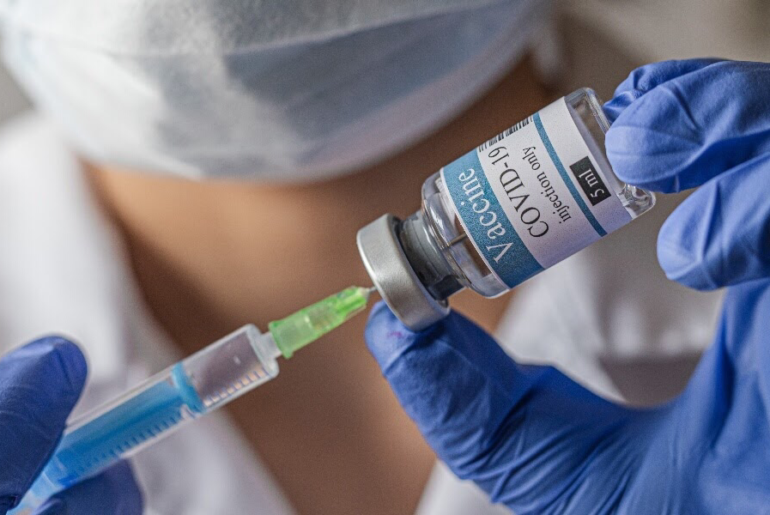After almost a year in quarantine, the last two weeks offered some relief: the United States’ Food and Drug Administration (FDA) finally approved the use of two coronavirus vaccines.
The news brought a lot of joy to most people, who celebrated the beginning of the end of the coronavirus crisis. However, it also brought on several questions about the vaccination process and the vaccines themselves.
Here are the answers to the most common questions:
When will the vaccines be available?
There are two vaccines that have been officially approved by the FDA: the Pfizer/BioNtech vaccine and the Moderna vaccine.
According to the Centers for Disease Control and Prevention (CDC), most people will have received a vaccine by mid to late 2021.
Who will get vaccinated first?
The CDC submitted a set of guidelines that states that the nation’s 21 million health workers and elderly people living in a long-term care facility should be the first ones to get vaccinated.
After that, it is up to the states to decide which industries and demographics should be next. In California, for instance, the state is prioritizing Blacks and Latinos, who have been hit especially hard by the coronavirus pandemic.
Moncef Slaoui, the chief scientist of federal vaccine distribution programme Operation Warp Speed, told The Washington Post he believes the young and healthy should be last in the line.
How many vaccine shots are necessary?
Both of the vaccines that have been approved so far need two shots in order to work properly, preferably one month apart. There are (# of other vaccines)in Phase 3 of the FDA approval process, all of which also require two shots, except for the Johnson & Johnson vaccine, which claims to only need one.
How much will the vaccines cost?
The U.S. is purchasing the vaccines directly from the manufacturers with taxpayer money to ensure that they are free for the public – at least initially.
Moderna has said it would sell the doses at a price between $32 and $37 to other governments, however, the cost in the U.S. would be lower because the government has provided them with nearly $1 billion for their research. Pfizer, on the other hand, didn’t receive research funding from the U.S., but it will still sell 100 million doses to the government for $1.95 billion.
What are the secondary effects?
So far, the FDA announced it was “closely monitoring the situation” after people with severe allergies had adverse reactions to the Pfizer vaccine.
“While the totality of data at this time continue to support vaccinations under the Pfizer [emergency use authorization] without new restrictions, these cases underscore the need to remain vigilant during the early phase of the vaccination campaign,” FDA vaccine expert Doran Fink said during an FDA advisory committee.
The vaccine also has milder side effects, such as fever, headache, fatigue and pain at the injection site, particularly after the second dose. Those side effects go away in a day or two and are not considered a cause for concern.
As for the Moderna vaccine, the side effects are very similar to those of the Pfizer vaccine.
Will mask wearing still be necessary after getting the vaccine?
The CDC still recommends for people towear their masks and practice social distancing even after they have been vaccinated.
“While experts learn more about the protection that COVID-19 vaccines provide under real-life conditions, it will be important for everyone to continue using all the tools available to us to help stop this pandemic, like covering your mouth and nose with a mask, washing hands often, and staying at least 6 feet away from others,” the CDC website warns.
Will there be enough for everyone?
“The goal is for everyone to be able to easily get a COVID-19 vaccine as soon as large quantities are available,” the CDC website assures. “Several thousand vaccination providers will be available, including doctors’ offices, retail pharmacies, hospitals, and federally qualified health centers.”
Even though the doses will be limited at first, the U.S. plans to keep buying vaccines from different manufacturers as soon as the FDA approves them to ensure that there is a rolling entry of vaccine doses in the country.

